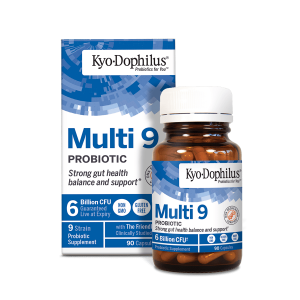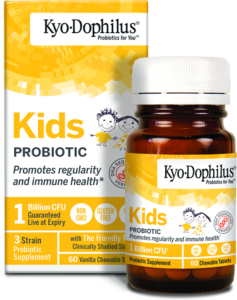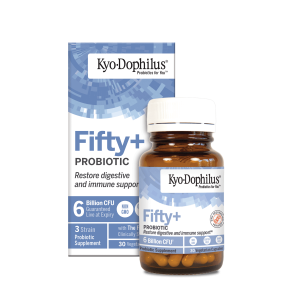If common phrases are any indication, we’ve long believed in a connection between the gut and the brain. We feel a “gut instinct” when making a decision or have a “gut reaction” to something we don’t like. We complain of a “nervous stomach” during stressful times. As it turns out, these may have some scientific backing, as research shows that the brain is linked quite closely to the gastrointestinal system. Let’s dive in and focus on better understanding the gut-brain-heart connection.
Scientists have determined that nerve cells line the entire gastrointestinal tract, from esophagus to rectum, and have named this network the enteric nervous system (ENS).[1] The ENS is responsible for controlling digestion every step of the way and seems to communicate with the brain and central nervous system. It may explain why people who cope with irritable bowel syndrome also experience anxiety or depression at a higher rate than those who don’t (and vice versa). And it’s why the gut is sometimes called the second brain.
But there is a third piece to this puzzle, and it’s the heart. New to the scene, the gut-heart connection is actively being studied by scientists. For example, in men with stable coronary artery disease, supplementing with a probiotic strain called Lactobacillus plantarum for six weeks improved endothelial function by increasing nitric oxide and reducing systemic inflammation. These findings indicate that the gut microbiota is mechanistically linked to systemic inflammation and endothelial function.[2] Another study suggests that regularly supplementing with probiotics may promote healthy blood pressure.[3]
Along with probiotics, consuming dietary fiber can also improve the connection between the gut and the heart. Here’s why: When dietary fiber is consumed, the bacteria in your gut ferment it and produce short-chain fatty acids (SCFAs) like acetate, propionate, and butyrate. These metabolites beneficially impact cardiovascular health by reducing inflammation and lowering blood pressure.[4][5]
The fact that these three systems are so closely linked means that interventions that help one can help the others. Eating a whole and high-fiber diet will not only feed bacteria but also help the heart. Exercise is known to help cardiovascular health and mental health, together. And, of course, taking a probiotic supplement or eating foods rich in beneficial bacteria can help the gastrointestinal system—the lynchpin of the gut-brain-heart connection.
[1] https://www.hopkinsmedicine.org/health/healthy_aging/healthy_body/the-brain-gut-connection
[2] https://pubmed.ncbi.nlm.nih.gov/30355158/
Malik M, Suboc TM, Tyagi S, et al. Lactobacillus plantarum 299v supplementation improves vascular endothelial function and reduces inflammatory biomarkers in men with stable coronary artery disease. Circulation Research. 2018;123(9):1091-1102.
[3] https://pubmed.ncbi.nlm.nih.gov/25047574/
Khalesi S, Sun J, Buys N, et al. Effect of probiotics on blood pressure: a systematic review and meta-analysis of randomized, controlled trials. Hypertension. 2014;64(4):897-903.
[4] https://pmc.ncbi.nlm.nih.gov/articles/PMC9568477/
Xu C, Marques FZ. How dietary fibre, acting via the gut microbiome, lowers blood pressure. Current Hypertension Reports. 2022 Nov;24(11):509-521.
[5] https://pubmed.ncbi.nlm.nih.gov/34140026/
Ma W, Nguyen LH, Song M, et al. Dietary fiber intake, the gut microbiome, and chronic systemic inflammation in a cohort of adult men. Genome Medicine. 2021;13(1):102.
This article is for informational purposes only. This article is not, nor is it intended to be, a substitute for professional medical advice, diagnosis, or treatment and should never be relied upon for specific medical advice.




Share this Post